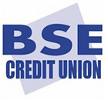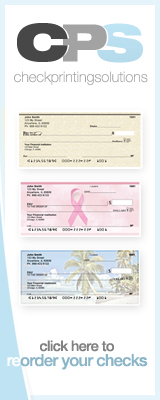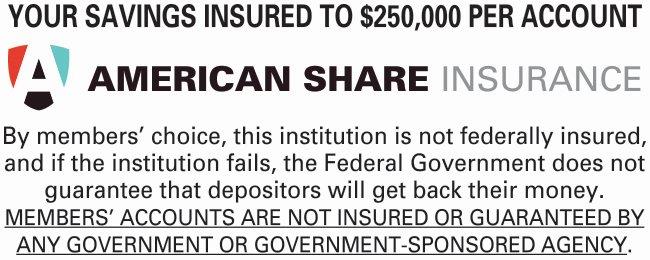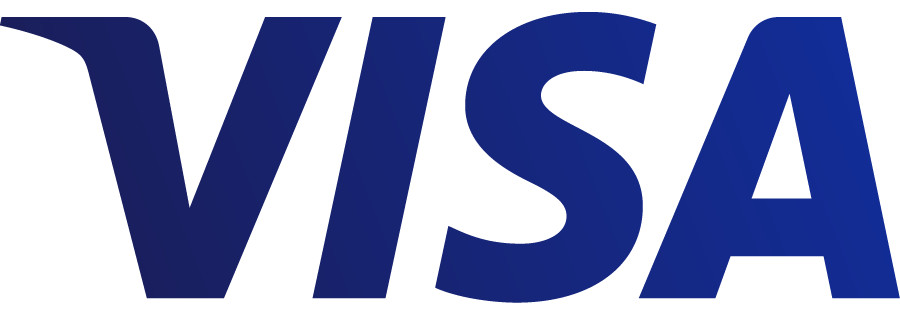Protect Yourself
BSE Credit Union wants to make sure our members are educated and knowledgeable about ways to protect themselves. From time to time, we'll add informative articles to help consumers understand ways to prevent identity theft, fraud, and to be prepared in certain situations. We want our members to be aware of methods to safeguard their personal information and more importantly, their identity. Click here for some helpful tips to avoid fraud. If you have any questions about any of this information, feel free to contact us directly at the credit union.
5 Helpful Tips to Increase Your Credit Score!At BSE Credit Union, we want to make sure our members are educated about their financial well-being. That’s why we’ve put together this brief overview that includes 5 easy tips on how to improve your credit score. Credit scores are now more important than ever. Many financial institutions will approve loans and determine rates based on your personal credit score. The higher your score, the better your rate. Some employers even review credit scores of potential employees. And some insurance companies evaluate premiums based on credit scores. That’s why it’s important to maintain your credit report in good standing. And here are some helpful tips that anyone can do!
Monitor Your Credit Report.
- Consumers now have the right to obtain a FREE credit report every year from each of the three major credit reporting agencies - Equifax, Trans Union, and Certegy. By visiting www.annualcreditreport.com, you can request that your credit report be mailed to you, or you can retrieve it online. It’s important to make sure all information on your credit report is accurate. Take the time to correct any misinformation. Each of the credit bureaus will provide very easy instructions for consumers to correct their credit report.
Pay Your Bills on Time.
- Pay all your bills on time every month. Late payments and collection issues can negatively impact your credit score. Make sure that you don’t miss a payment, and when possible, pay a little extra on your charge card.
Manage Your Credit.
- Keep your credit card account balances in check. Close out any credit cards you don’t use. Don’t open an excessive amount of charge cards. Make sure you’re making regular payments on all your credit cards. Managing your credit is just as important as using your credit.
Be Patient.
- Time is the one factor that can greatly impact your credit score. By creating a responsible history of paying your bills on time, using credit responsibly, maintaining a regular income, and managing your credit, you’ll be able to maintain a good credit score.
Make Bankruptcy Your Last Resort.
- Many people inadvertently get in over their heads and then decide that the quickest solution is to file bankruptcy. Many creditors would rather have you work out a payment plan then file bankruptcy. If you find yourself in financial trouble, contact a credit counselor or call your credit union. There are other alternatives out there instead of filing bankruptcy. Once you file bankruptcy, your credit status will be tarnished for years to come.
Are You Financially Prepared for a Disaster?
No one can predict when or where disaster will strike. Illness, flooding, and fire are just three examples of hardships that could interrupt your life. Are you financially ready to survive a natural or man-made disaster? Make sure you don’t get cut off from your money by following this simple checklist:
- Checks/Share Drafts and Deposit Slips – Keep enough on hand to last a month.
- ATM, Debit, Credit Cards – These give you access to cash or the ability to pay bills, but don’t assume that merchants will be able to process transactions immediately following a disaster.
- Cash – You may need cash if ATM, debit, and credit card use is interrupted, but remember that cash can be lost or stolen.
- Identification – Your driver’s license, insurance cards, social security card, and birth certificates may be needed to get you back on track. Keep them stored safely. Check out the Federal Trade Commission website to learn more about Identity Theft.
- Safe-Deposit Box Key – Only your key will get you into your safe-deposit box, no matter how many forms of identification you have.
- Direct Deposit – Having your paycheck deposited directly into your account gives you better access to those funds.
- Internet Service – This service allows you to conduct financial business without traveling to the credit union.
- Make Copies – Give copies of your important documents to your loved ones for safekeeping.
- Storage – A safe-deposit box is a great place to store your birth certificate and original contracts; however, you will need your passport, medical-care directives, and ID close-by and easily accessible.
- Emergency Evacuation – Pack a bag with first aid supplies, prescription medications, flashlights, water, etc., and keep it in a safe place.











